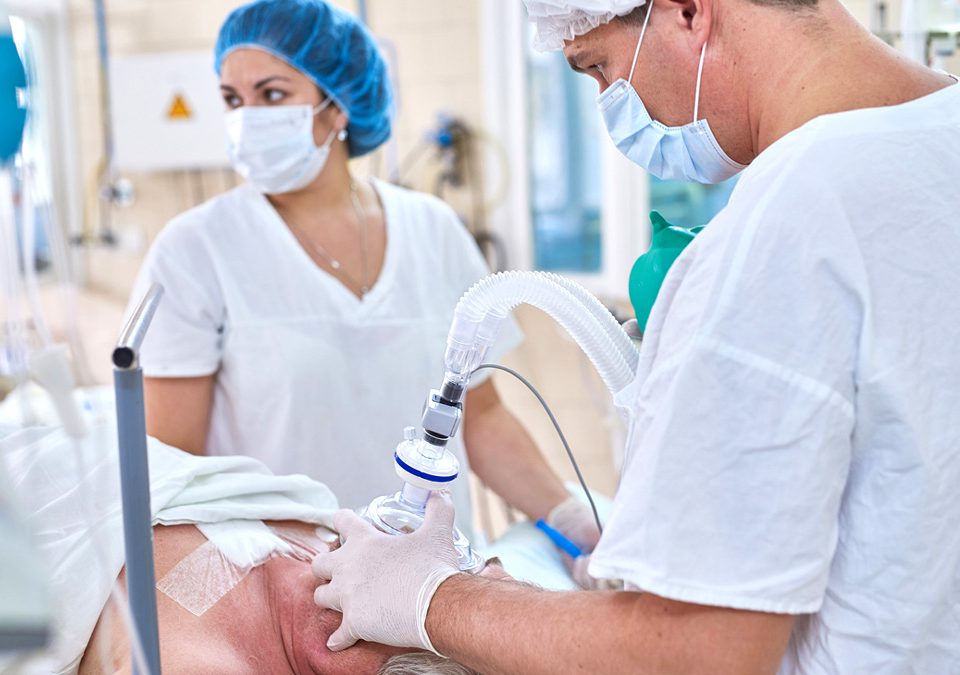
Reapplying to a Med School? These 5 Tips will benefit you immensely
During the first application cycle, thousands of students feel the sting of despair as they can’t make it to the final list. The feeling can quickly change to one of anxiety and even depression down the lane. However, bumps and unexpected ruts in the roads shouldn’t throw you off balance. You eventually learn to except them and become more resilient over the years. While not gaining admission in the medical school of your choice on your first attempt might have put a damper on your spirits, you are not ready to give up, just yet.
Though the prospect of reapplying to an array of medical schools all over again might terrorize you, you have to make sure that you play all the right chords to leave a mark on the admissions committee as an impressive and worthy candidate this time around. However, this might be leading you to wonder how to make your application stronger and more credible. If you want to be seen as a compelling candidate, here we reveal some secrets for successfully reapplying to Caribbean medical schools:
-
Boost your Academic Performance
Have you considered a chance that perhaps your MCAT scores didn’t cut the bill or maybe you were a late bloomer in college? Before you re-apply to a Caribbean medical school, you need to bolster your lackluster MCAT scores and academic performance to increase your chances of being accepted. For this purpose, you can consider obtaining a side degree or taking on additional courses to improve your academic grades. Especially concentrate on your science classes, since in addition to evaluating your overall GP, medical school admissions committees also access your science GPA.
Why not take grad school courses at an institution that you have never attended before to break through the cycle of academic mediocrity that students sometimes get trapped in during their undergrad experience. You should also take your MCAT again to get better scores. You might also want to take some practice exams and revise your study habits to improve your scores.
-
Don’t Shy Away from Asking for Assistance
If you had a stellar academic track record and still failed to secure a position in a medical university, you must be utterly confused trying to make out what went wrong. Instead of dwelling on the past and wasting time, it’s better to reach out for expert assistance. The admissions councilor at your prospective medical school is a great person to start with. This meeting would help you determine what is actually needed to ensure a successful reapplication. Perhaps you might sell the councilor on your perseverance and motivation and gain an advocate who will help you out in this regard. You can even set up a meeting with a medical school admissions consultant if you are in need of more guidance and direction. These individuals are better suited to figuring out why you weren’t accepted in the first place and what you can do better now to be seen as a more competitive contender.
-
Work on your Interview Skills
Receiving interview invitations from an array of medical schools is a great news, since it means that you are being considered for admissions. While it’s understandable to get nervous and excited at the same time, after all you don’t want to mess up this important process by coming into the interview unprepared, ample preparation can make sure you play your cards right. Frist things first, make sure that you learn all there is to learn about a medical school; its origins, its area of specializations, its focus on research, its rankings, and other significant details. This is why you need to hone in on your interview and communication skills to leave a strong impression. Practice, practice, and then practice some more until you are really comfortable telling the interviewers about various aspects of your application and background, even if they highlight some personal flaw or seem irrelevant to the question at hand. Expect to be bombarded with questions that aim to throw you off the track and have your responses ready!
-
Know the Key Areas that Demand your Attention
If you have been rejected once for a medical school, you need to know exactly how to pinpoint a particular factor and make it your strong suit the next time you apply. For instance, if what you lack is clinical experience, an internship for a longer duration will be beneficial. So completing a 3 week internship won’t fit the bill like a 2 month internship would. You need to make smart and logical choices in this regard so that you don’t have to rue your decision down the road.
-
Make a Fresh List of Med Schools
If you only applied to the most prestigious and ivy-league institutions during your first application cycle, it is perfectly understandable and nothing to feel embarrassed about. A lot of applicants make the same mistake but know that simply by scrutinizing a program’s student population, you can get an idea of where you will be a great fit. It’s wise to look into schools that are famous for taking onboard students who come from backgrounds similar to your own, both experience-wise and academically. This can be achieved by conversing with current students, speaking to multiple disciplines, and through your own research.
Why reapplying to schools, it is good to discount a few universities that seem out of your league, but keep others in your list, ones where you think you can improve your chances with the help of an admissions councilor. Also, add schools where you think you can gain admission easily in your list as backups.



